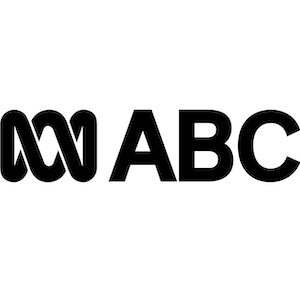INSIGHT 6 June 2016
They seem democratic but referendums are flawed. If we want people involved in the political process, there are smarter ways to go about it, says Niall Firth
Referendums are “a splendid weapon for demagogues and dictators”, argued Margaret Thatcher in a debate over Britain’s place in the EU in 1975.
Was that anything more than a snappy sound bite? Do referendums appeal to the darker side of democracy?
They were first used in ancient Greece where every citizen – well, just the land-owning men, actually – had a voice. To vote on new laws, thousands of Greek men had a direct say: decisions would be made by an estimate of the hands raised in meetings of the Assembly of the demos (the people) that would be attended by thousands.
Every citizen having a voice seems fair, but one argument against direct democracy as embodied by referendums is that they oversimplify complex arguments. They usually frame things in the binary, which is rarely how people see an issue.
Some places have thrived under direct democracy for years. Swiss citizens have the right to call a referendum to make changes to the country’s constitution if enough people sign a petition. That sounds reasonable too, but it has revealed another flaw of referendums – that decisions made by a majority are often made at the expense of the minority. For example, in 2009, Switzerland banned the building of Islamic minarets after 57 per cent voted for it.
Just before the passing of the Race Relations Act in the UK in 1965, more than 75 per cent of the public backed Enoch Powell’s infamous Rivers of Blood speech. What would have happened if the country had gone to a referendum on racial equality then? Perhaps the wisdom of the masses doesn’t always translate.
The full article on the New Scientist (Free Subscription needed)



